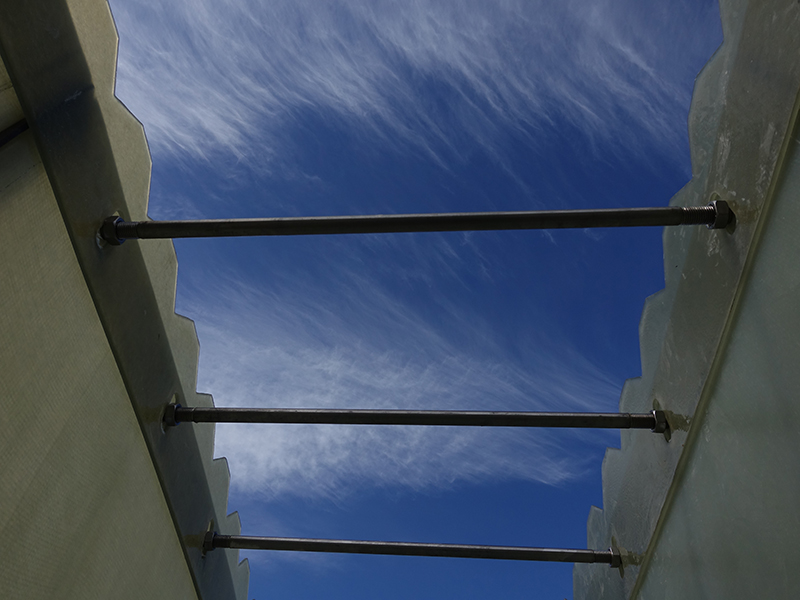
-
 Afrikaans
Afrikaans -
 Albanian
Albanian -
 Amharic
Amharic -
 Arabic
Arabic -
 Armenian
Armenian -
 Azerbaijani
Azerbaijani -
 Basque
Basque -
 Belarusian
Belarusian -
 Bengali
Bengali -
 Bosnian
Bosnian -
 Bulgarian
Bulgarian -
 Catalan
Catalan -
 Cebuano
Cebuano -
 China
China -
 China (Taiwan)
China (Taiwan) -
 Corsican
Corsican -
 Croatian
Croatian -
 Czech
Czech -
 Danish
Danish -
 Dutch
Dutch -
 English
English -
 Esperanto
Esperanto -
 Estonian
Estonian -
 Finnish
Finnish -
 French
French -
 Frisian
Frisian -
 Galician
Galician -
 Georgian
Georgian -
 German
German -
 Greek
Greek -
 Gujarati
Gujarati -
 Haitian Creole
Haitian Creole -
 hausa
hausa -
 hawaiian
hawaiian -
 Hebrew
Hebrew -
 Hindi
Hindi -
 Miao
Miao -
 Hungarian
Hungarian -
 Icelandic
Icelandic -
 igbo
igbo -
 Indonesian
Indonesian -
 irish
irish -
 Italian
Italian -
 Japanese
Japanese -
 Javanese
Javanese -
 Kannada
Kannada -
 kazakh
kazakh -
 Khmer
Khmer -
 Rwandese
Rwandese -
 Korean
Korean -
 Kurdish
Kurdish -
 Kyrgyz
Kyrgyz -
 Lao
Lao -
 Latin
Latin -
 Latvian
Latvian -
 Lithuanian
Lithuanian -
 Luxembourgish
Luxembourgish -
 Macedonian
Macedonian -
 Malgashi
Malgashi -
 Malay
Malay -
 Malayalam
Malayalam -
 Maltese
Maltese -
 Maori
Maori -
 Marathi
Marathi -
 Mongolian
Mongolian -
 Myanmar
Myanmar -
 Nepali
Nepali -
 Norwegian
Norwegian -
 Norwegian
Norwegian -
 Occitan
Occitan -
 Pashto
Pashto -
 Persian
Persian -
 Polish
Polish -
 Portuguese
Portuguese -
 Punjabi
Punjabi -
 Romanian
Romanian -
 Russian
Russian -
 Samoan
Samoan -
 Scottish Gaelic
Scottish Gaelic -
 Serbian
Serbian -
 Sesotho
Sesotho -
 Shona
Shona -
 Sindhi
Sindhi -
 Sinhala
Sinhala -
 Slovak
Slovak -
 Slovenian
Slovenian -
 Somali
Somali -
 Spanish
Spanish -
 Sundanese
Sundanese -
 Swahili
Swahili -
 Swedish
Swedish -
 Tagalog
Tagalog -
 Tajik
Tajik -
 Tamil
Tamil -
 Tatar
Tatar -
 Telugu
Telugu -
 Thai
Thai -
 Turkish
Turkish -
 Turkmen
Turkmen -
 Ukrainian
Ukrainian -
 Urdu
Urdu -
 Uighur
Uighur -
 Uzbek
Uzbek -
 Vietnamese
Vietnamese -
 Welsh
Welsh -
 Bantu
Bantu -
 Yiddish
Yiddish -
 Yoruba
Yoruba -
 Zulu
Zulu
Insulated FRP Covers - Durable and Efficient Solutions for Thermal Management
The Benefits of Insulated FRP Covers
Insulated FRP (Fiber Reinforced Plastic) covers are rapidly gaining popularity across various industries due to their exceptional durability, lightweight nature, and energy efficiency. Made from a combination of plastic resins and glass fibers, these covers offer a range of advantages that make them an ideal choice for insulation and protection.
The Benefits of Insulated FRP Covers
Furthermore, FRP covers are resistant to a wide range of environmental factors. They are impervious to moisture, chemicals, and UV radiation, making them an excellent choice for outdoor applications. This resistance not only prolongs the lifespan of the covers but also reduces maintenance costs significantly. Unlike traditional materials, which can deteriorate over time, insulated FRP covers maintain their structural integrity even in harsh conditions.
insulated frp covers

Another significant advantage of these covers is their lightweight nature. Compared to other insulating materials like metal or concrete, FRP is considerably lighter, making installation easier and reducing transportation costs. This is particularly beneficial in situations where weight is a critical factor, such as in overhead or elevated applications. The ease of handling also allows for quicker installation times, contributing to efficiency in construction and maintenance.
Moreover, insulated FRP covers offer excellent design flexibility. They can be molded into various shapes and sizes, allowing for custom solutions that meet specific requirements. This adaptability makes them perfect for a wide range of applications, from covering pipes and tanks to insulating building facades. Additionally, they can be manufactured in different colors and finishes to match the aesthetic of any environment.
Sustainability is another compelling reason to choose insulated FRP covers. As industries move towards more sustainable practices, FRP materials can be produced with recycled content, and many manufacturers are focusing on eco-friendly production processes. The durability and longevity of FRP also mean that fewer resources are needed for replacements, contributing to lower waste.
In conclusion, insulated FRP covers provide a myriad of benefits, including excellent thermal insulation, environmental resistance, lightweight properties, design flexibility, and sustainability. As industries continue to evolve and seek more efficient solutions, FRP covers will undoubtedly play an essential role in improving energy efficiency and protecting valuable assets. Embracing these advanced materials is not just a smart investment; it's a step towards a more sustainable and efficient future.
Latest news
-
Exploring the Benefits of Top Hammer Drifter Rods for Enhanced Drilling PerformanceNewsJun.10,2025
-
High-Precision Fiberglass Winding Machine for GRP/FRP Pipe Production – Reliable & Efficient SolutionsNewsJun.10,2025
-
FRP Pipes & Fittings for Shipbuilding - Corrosion-Resistant & LightweightNewsJun.09,2025
-
Premium FRP Flooring Solutions Durable & Slip-ResistantNewsJun.09,2025
-
Premium Fiberglass Rectangular Tanks Durable & Lightweight SolutionNewsJun.09,2025
-
Tapered Drill String Design Guide Durable Performance & UsesNewsJun.09,2025









